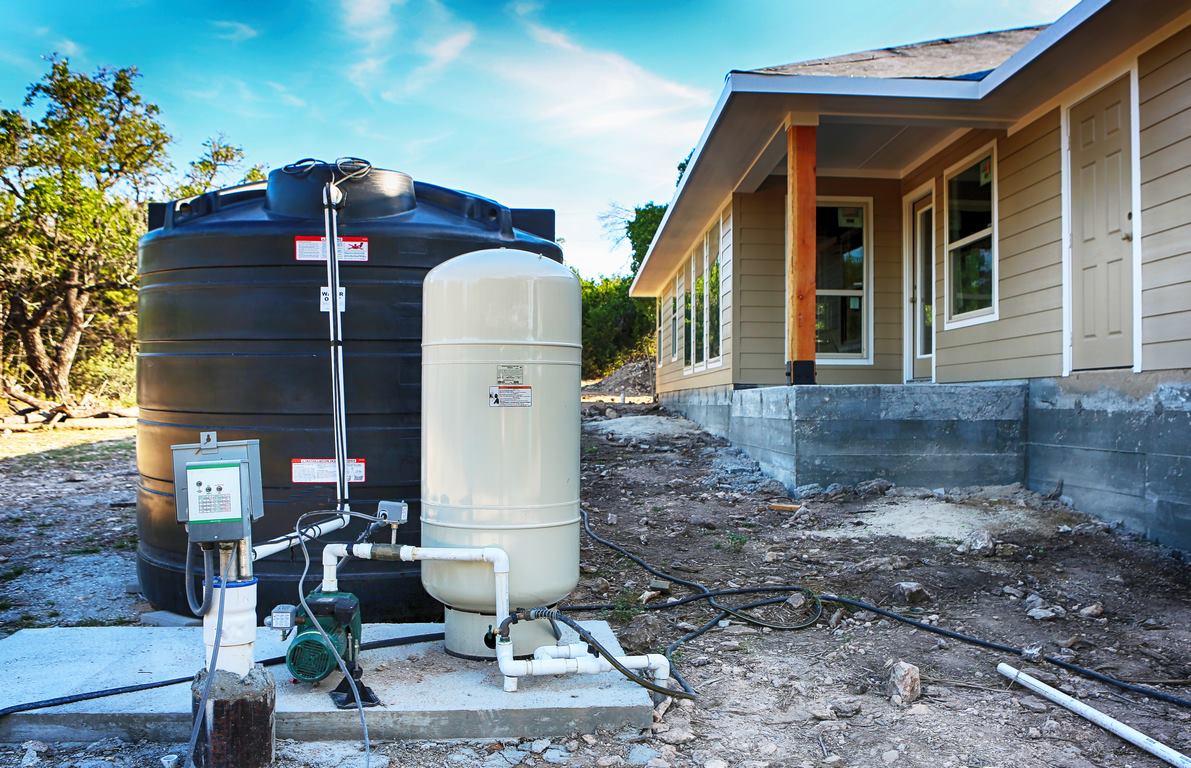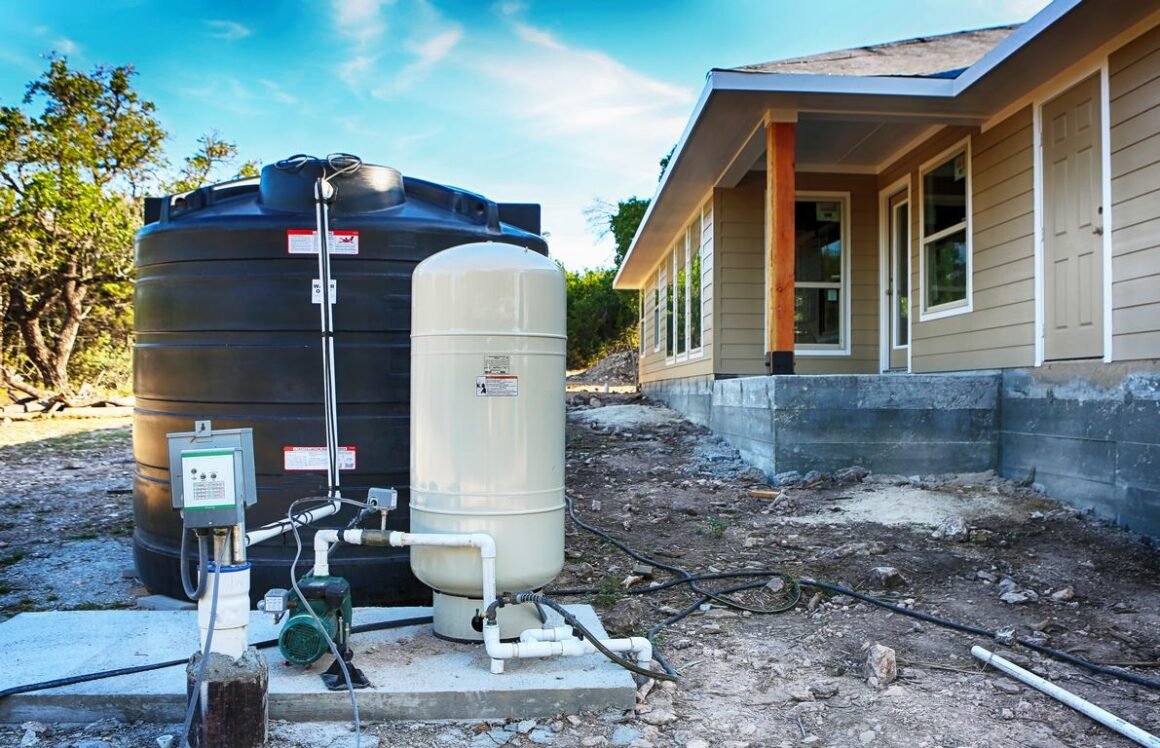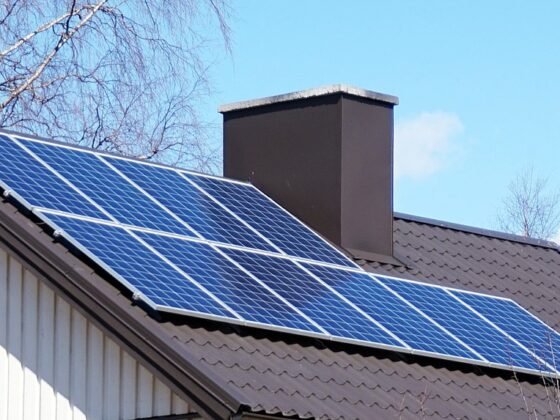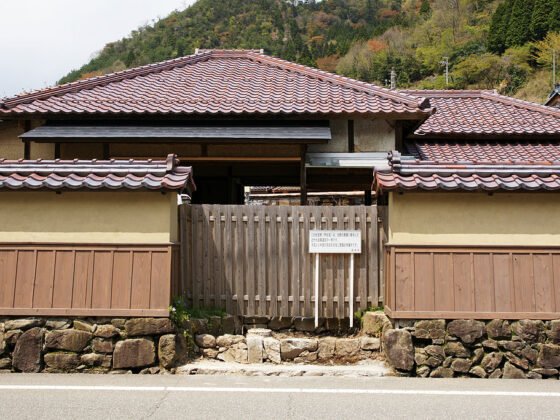Table of Contents Show
According to data from the U.S. Geological Survey (USGS), around 43 million Americans rely on a domestic well as their primary source of drinking water. That’s roughly 15% of the country’s total population.
If you’re included in this group, then it’s critical to make sure that your water is clean and safe to drink. You can check these qualities with a Well inspection.

Today, we’re sharing three reasons why it’s smart to schedule this service for your home.
1. Ensure Against Health Hazards
There are a variety of different contaminants that can exist in well water.
While public water systems use water treatment equipment and techniques to minimize these particulates, private residential wells do not usually receive those same services.
From microorganisms and nitrates to heavy metals and organic chemicals, it’s important to know exactly what’s in the water that’s coming into your home.
During a well inspection, a certified professional will test both the quantity and quality of your water.
They will be able to tell you exactly what’s in it, as well as the next steps to take if they determine the containments exceed safe levels.
Read Also:
2. Discover Necessary Repairs
As wells are underground, it can be difficult to see a minor issue before it snowballs into a major problem. A hairline crack might be fixable at first, but it becomes much more expensive and costly to repair as it widens in diameter.
During a well inspection, the inspector will analyze every aspect of your well, including its physical condition. They can explain if any repairs are necessary, and how to proceed with them.
This step is especially important if you’re purchasing an older home with a well on the property.
You don’t want to sink money into an extensive project if the well is essentially unusable in its current condition.
In some cases, you may be able to negotiate a lower offer with the seller if an inspector discovers a problem within the well.
An inspection is also required if you plan to add a new well to your property using a local well drilling company such as kellerwelldrilling.com.
Upon installation, it’s important to make sure all the parts are working together as they should.
3. Comply With State Laws
Each state has its own laws in place that dictate how homeowners and business owners must test and maintain their wells. This applies to both residential and commercial wells.
While the EPA is responsible for regulating municipal drinking water supplies, they don’t have the same jurisdiction over private wells.
As such, most states have their own regulations in place that include a variety of different regulatory measures. Often, these jurisdictions overlap, with multiple local agencies claiming control and oversight.
Before purchasing a property with a well, be sure to research the laws in your state. Most likely, you’re legally required to schedule a well inspection, whether you think it’s necessary or not.
While the exact procedures and frequency may vary, this step is usually a non-negotiable one.
Stay Safe With a Well Inspection
From industrial wells to backyard wells, there are many different types of well systems in existence today. To safely use the water within them, it’s important to monitor both the structure and its output.
A well inspection does just that. Your inspector will assess the condition of the well itself, as well as the water that flows within it. Then, they’ll guide you on how to optimize both.
Looking for more advice on how to keep your property looking great? Check out our Home Improvement section!










